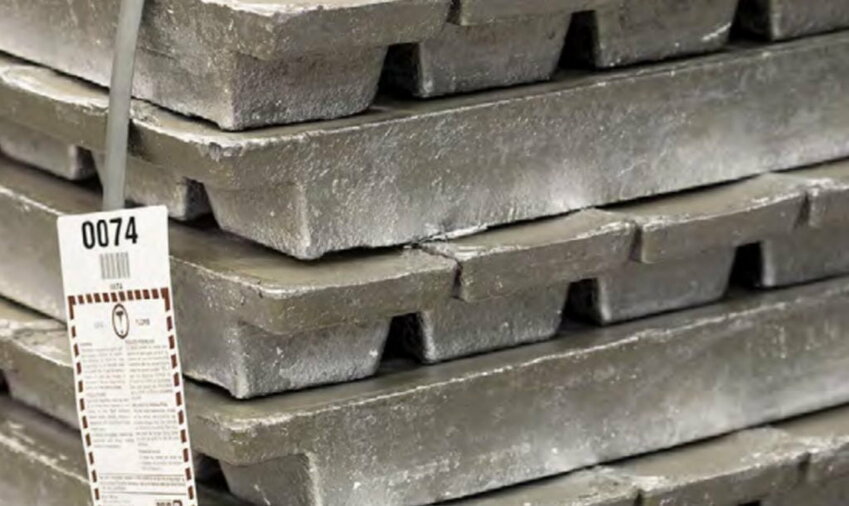 (Credit: Terrapure Environmental)
(Credit: Terrapure Environmental)[Editor’s note: the call for submissions for the 2021 Environment + Energy Leader Awards will be announced next week. Stay tuned for more information. Terrapure Environmental was a recipient of a 2020 Top Project of the Year Award.]
Industrial waste management, environmental, and recycling services company Terrapure Environmental formed a partnership with battery products manufacturer and distributor East Penn Canada. Together, they sought to create a closed-loop system that could recycle as much as 99% of lead-acid batteries.
East Penn Canada collects spent batteries from their customers and ships the batteries to Terrapure to break them down to their base components for recycling. The lead gets processed and refined to East Penn’s specifications, and is then sent back to its battery manufacturing facility in Pennsylvania. From collection to recycling to manufacturing, a recycled lead-acid battery can be back on the market in 50 to 60 days, Terrapure said. This partnership offers closed-loop circular economic value because lead can be recycled infinitely, according to the two companies.
Terrapure and East Penn Canada decided on a “tolling” agreement. Rather than leaving retailers or individuals to figure out how to recycle their spent lead-acid batteries, East Penn Canada uses a core charge to incentivize customers to return their batteries. The partners explained that, under the tolling agreement, spent lead-acid batteries
go to Terrapure’s regulated facilities for smelting and refining. Terrapure uses an automated process where acid is drained, collected, and chemically treated to become sulphate. The rest enters a separation tank where lead sinks and plastic floats, and each material goes through its own recycling process.
Terrapure said that the plastic is cleaned and pelletized so it can be injection-molded into new battery casings. At the end of the process, the recycled lead is molded into ingots and shipped to East Penn for the production of new batteries.
On an annual basis Terrapure receives approximately 10 million batteries and produces 125,000 metric tons of recycled lead, recovering 99% of batteries in Canada. By using a closed-loop circular-economy approach, Terrapure and East Penn Canada say they are preventing waste, ensuring the beneficial reuse of a valuable commodity, and reducing demand on the lead mining industry, which helps preserve a finite natural resource.
In addition, recycling lead for battery manufacturing only takes 40% of the energy necessary to produce primary lead from ore, the partners said. The batteries contain lead and acid so managing them properly means that hazardous materials get recycled instead of entering the natural environment.